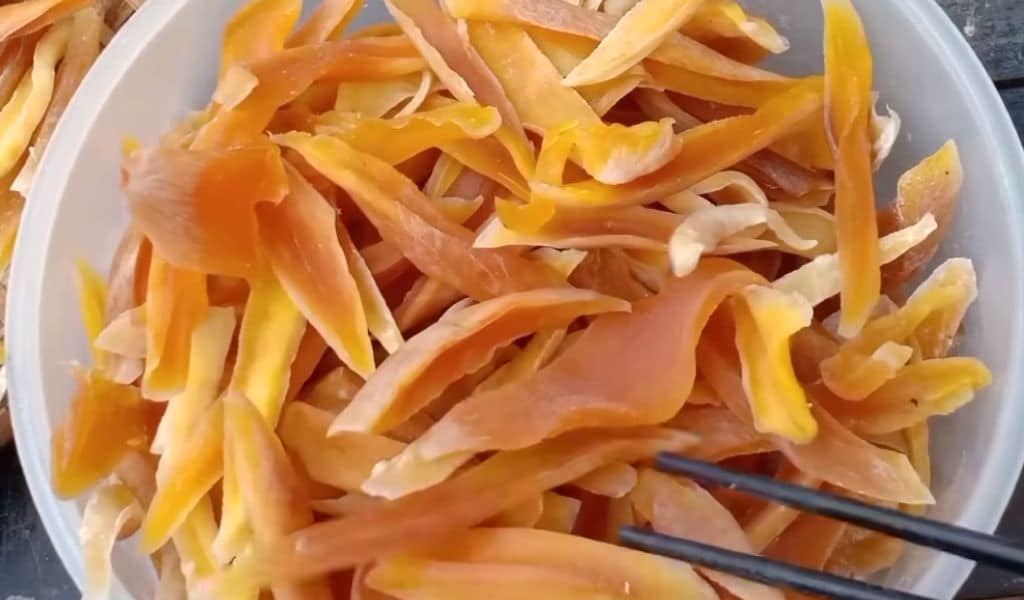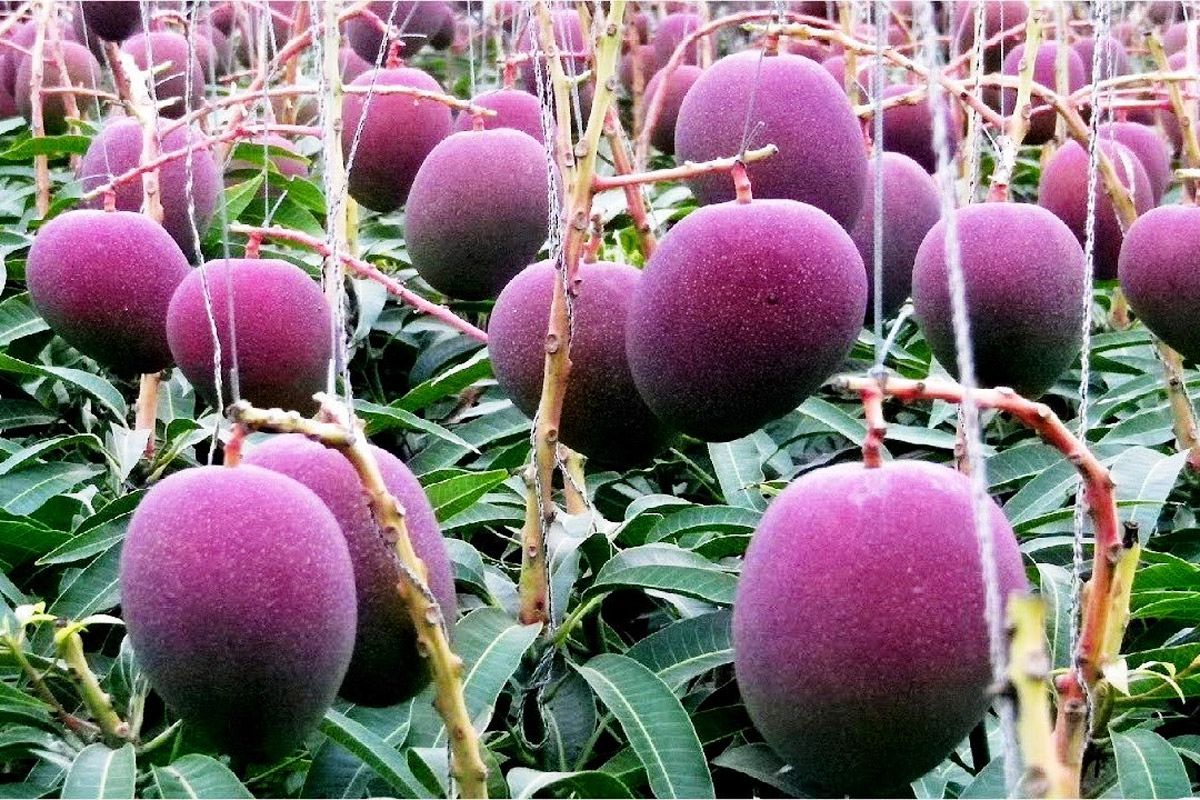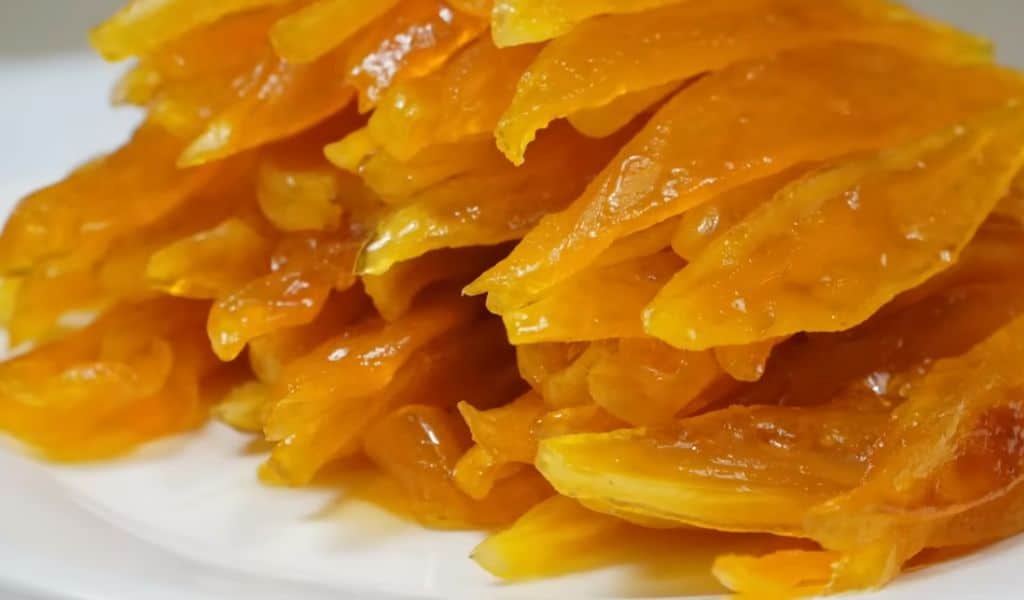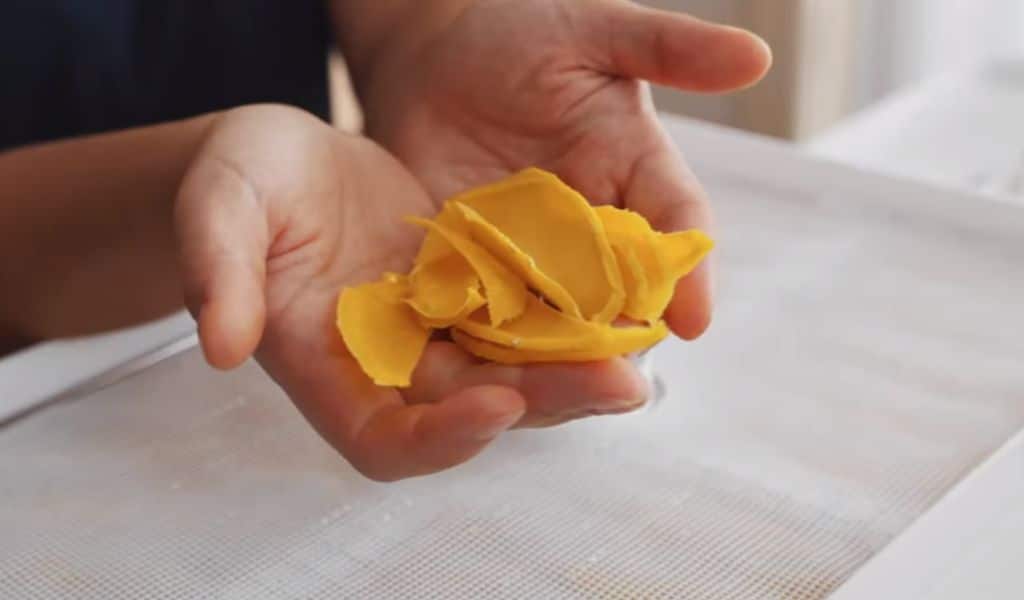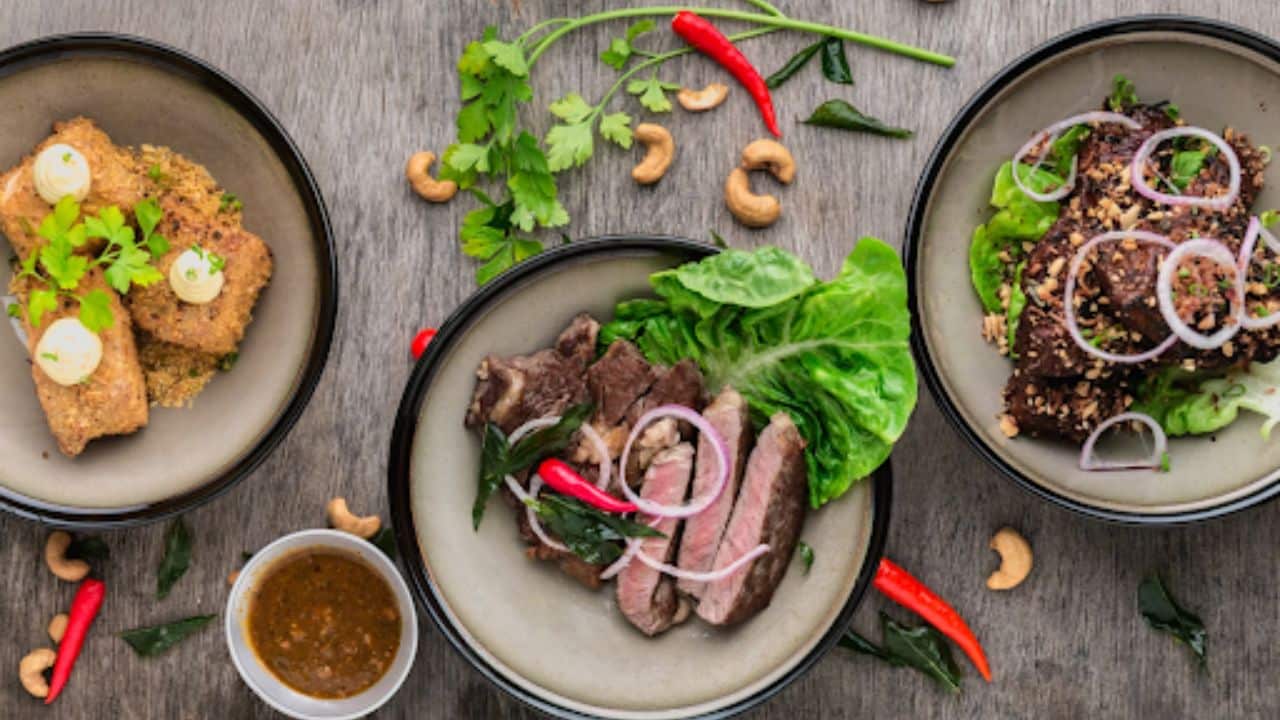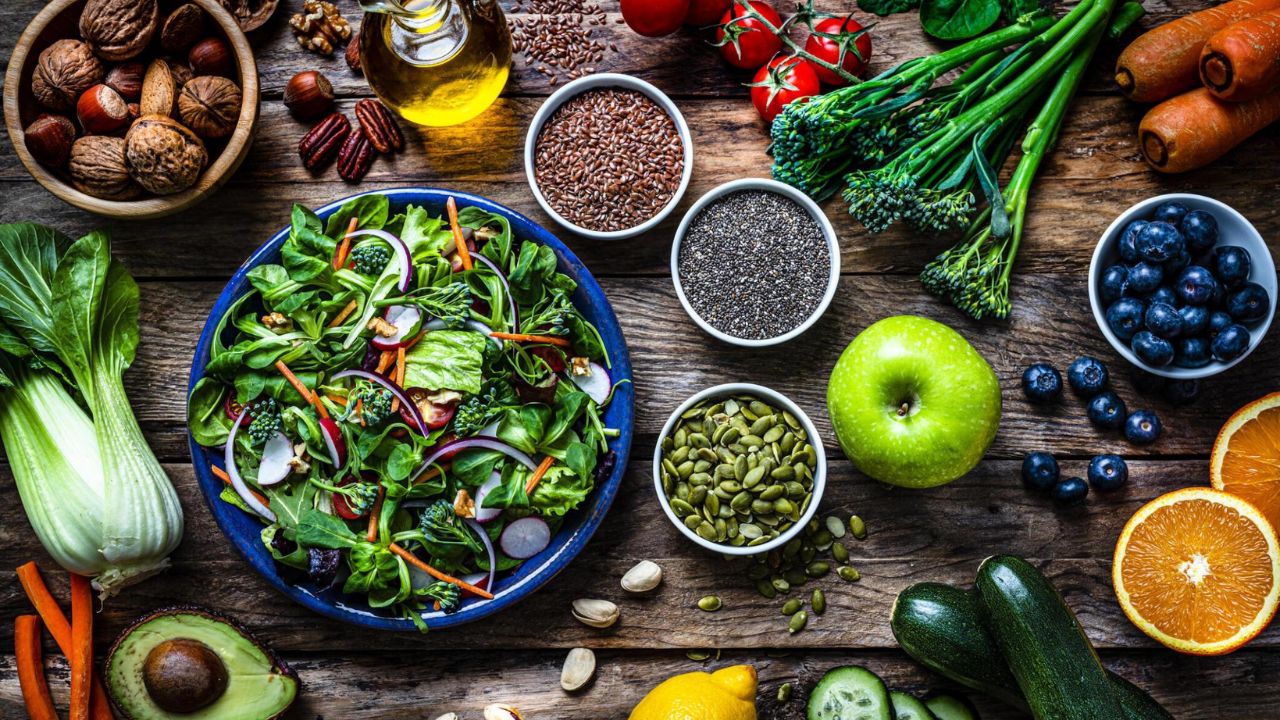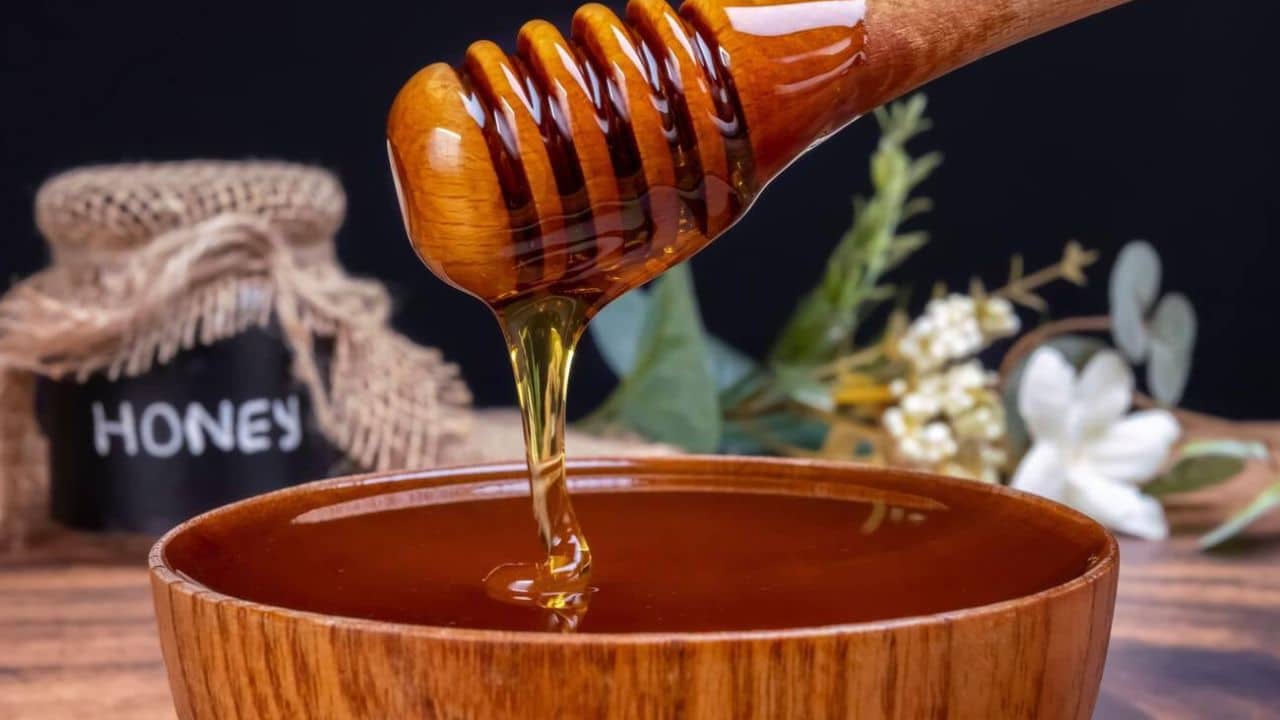If you have ever wondered what the properties and benefits of dried mango are, we will clear your doubts. Keep reading and encourage yourself to include it in your diet.
The fruit has undoubted benefits for our health, whatever way we consume it: fresh, in juice, in shakes, or dehydrated. And it is that the habit of consuming dehydrated fruit comes from afar, and it is an appetizer or something to snack on that is much healthier than any other type of snack.
Among all of them, the mango stands out for being consumed in this way. If you have ever wondered what the properties and benefits of dried mango are, we will clear your doubts. Keep reading and encourage yourself to include it in your diet.
The Handle
Mango is a tasty fruit that hails from India as well as northern Burma. It has been cultivated for thousands of years, and, at present, it is already found in a large part of the tropical and subtropical zones of our planet. In fact, China is the main exporting country in the world.
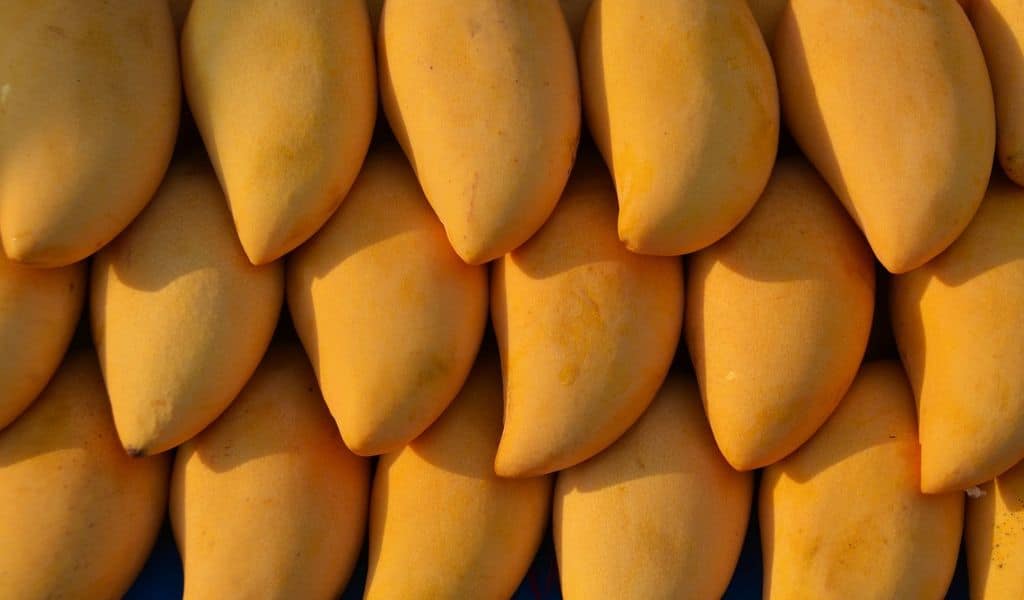
That intense and particular flavor that the mango has is what causes many to consider it to be the richest of tropical fruits. It is the heart-shaped fruit of a tree that can reach 30 meters in height and whose skin takes on different colors: green, yellowish, orange, and even red, although the pulp inside has a color between yellow and orange.
Once the fruit is ripe, it can be eaten for around a week or ten days, and to keep it in good condition, it must be kept at a temperature between 20 and 25 of. They should not be stored in the refrigerator. But if you cannot consume it fresh, you have the option to take advantage of all its benefits by taking this dehydrated fruit.
Contributes to Heart Health
Dried mango concentrates a large amount of vitamins and minerals, including calcium, potassium, phosphorus, and magnesium, as well as vitamins A, B, and C. Keep in mind that vitamin A helps prevent infectious diseases that attack the immune system. And components such as vitamin C and fiber not only help regulate cholesterol levels but also maintain better heart health.
Consuming mango in moderate amounts will somewhat decrease the chances of developing heart disease. But this same vitamin also facilitates the absorption of iron and the formation of collagen, bones, and teeth. In addition, by containing magnesium and potassium, it also helps regulate blood pressure.
Promotes Digestion
By having digestive enzymes in its composition, consuming dried mango will help make digestion easier. If you don’t have digestive problems, you may not notice it, but if you are one of those people who frequently needs to relieve heartburn or reduce stomach acidity, you will. These digestive enzymes provided by the mango help food break down more quickly, thus speeding up and facilitating digestion while reducing the burning sensation if you have it.
Also keep in mind that, thanks to the fiber, it offers laxative properties and helps prevent constipation and control blood sugar.
Contributes to the Strengthening of Bones
Vitamin K, one of the most effective for protecting bones against osteoporosis, is present in dried mango, so its consumption will also help you have stronger bones. Consequently, it is healthier for you to snack on some of this fruit before reaching for other greasy and much less healthy snacks.
Prevents Aging
Being rich in different antioxidants, dried mango helps to eliminate free radicals, which facilitate the delay in body aging. However, keep in mind that, as with any food, to take advantage of effects like this or with respect to heart health, it is essential that you maintain a varied and balanced diet as well as healthy lifestyle habits, since no food by itself is a panacea.
How to Dehydrate Mango?
If, with these qualities, you dare introduce mango or some other dehydrated fruit that you can snack on at any time of the day, you will surely be interested in knowing how you can dehydrate it yourself at home.
Choose well those pieces of fruit that are ready to eat, that is, when they are ripe. In the case of the mango, it must have soft meat. To take advantage of the work, you can select three mangoes. Then, cut each mango into slices and remove the skin. Next, place these pieces on kitchen paper in the oven tray and set a low temperature, around 50 or 60 degrees.
You should leave it for 9 or 10 hours, then extract it and wait for it to cool so that you can consume it. But don’t put them in the fridge. When they are cold, you can put them in a container or any airtight container to snack on whenever you want.
Although, to save energy, it will be more practical for you to buy the dehydrated mango that you will find for sale in stores and department stores.



